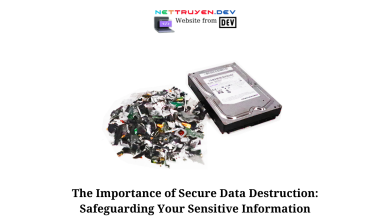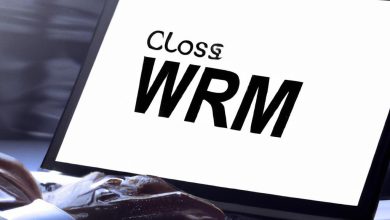CRM Software for Local Government: Improving Efficiency and Citizen Satisfaction
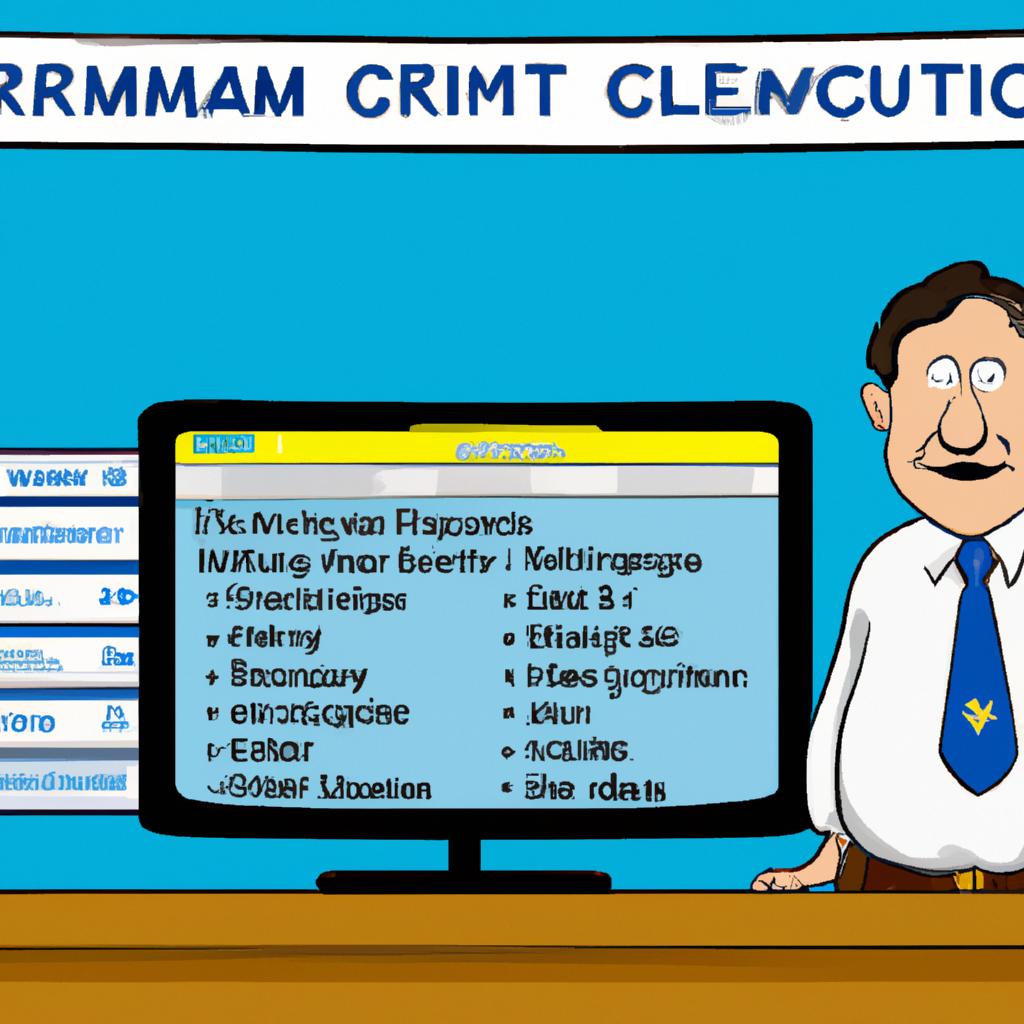
As local government officials, you understand the importance of providing top-notch services to your citizens. From managing citizen inquiries to tracking cases, keeping track of all this information can be a daunting task. This is where CRM software comes in.
CRM, or customer relationship management, software is a tool that helps organizations manage their interactions with customers and streamline various processes. In the context of local government, CRM software can help increase efficiency, improve communication, and ultimately enhance citizen satisfaction.
But what exactly is CRM software? At its core, CRM software is designed to centralize and organize customer data. This includes contact information, communication history, case details, and more. By having all this information in one place, local government officials can easily track citizen interactions and provide timely and accurate responses.
The importance of crm software for local government cannot be overstated. Not only can it help improve internal processes, but it can also lead to better citizen experiences. For example, by having access to all relevant information, local government officials can provide more personalized and efficient service to citizens. Additionally, CRM software can help identify trends or common issues, allowing officials to proactively address them.
In the following sections, we’ll explore the benefits and features of CRM software for local government, as well as some of the best options available on the market. We’ll also discuss how to successfully implement CRM software in your organization.
Benefits of CRM Software for Local Government
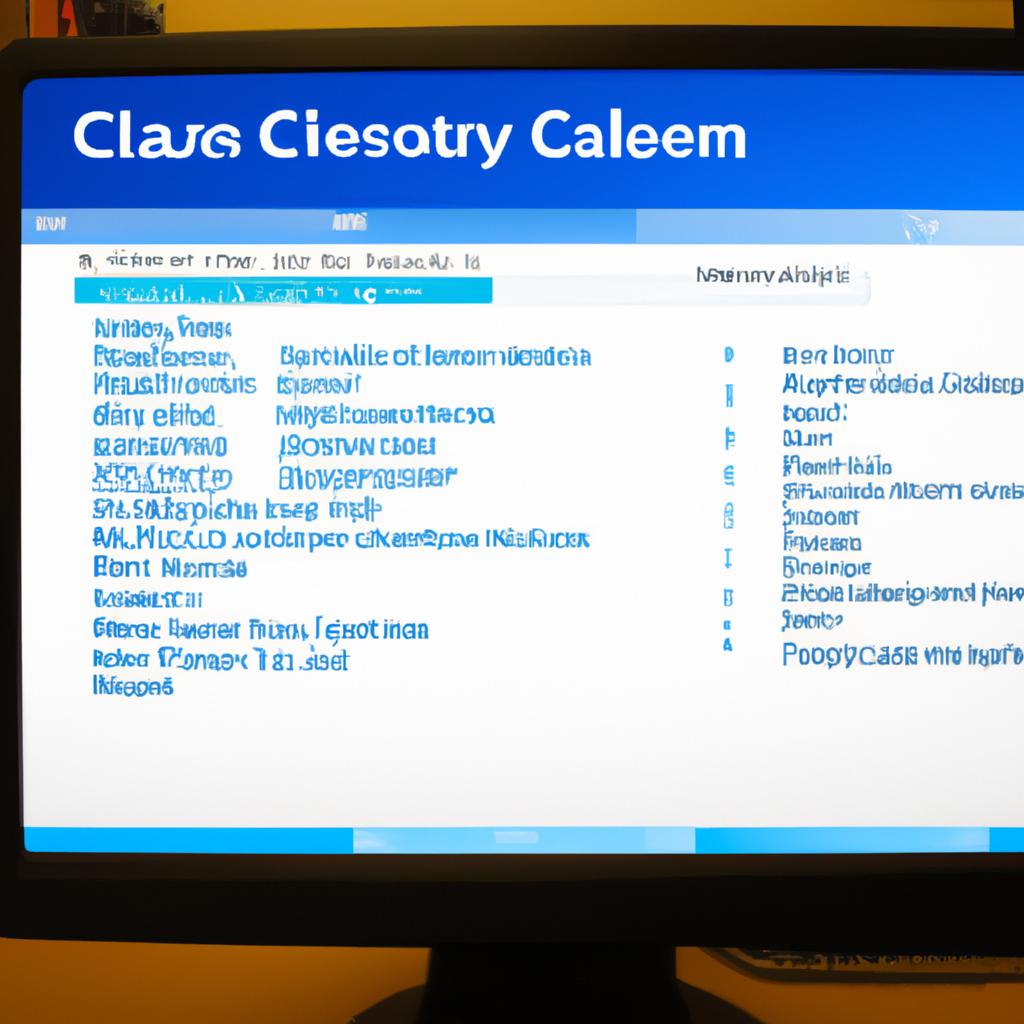
In this section, we’ll dive deeper into some of the key benefits of using CRM software in local government.
Improved Communication and Collaboration
One of the primary benefits of CRM software is improved communication and collaboration. With all relevant information stored in one place, local government officials can easily share information and work together to resolve cases and inquiries. Additionally, CRM software can facilitate communication with citizens, allowing officials to quickly respond to inquiries through various channels such as phone, email, or social media.
Enhanced Data Management and Analysis
Another significant benefit of CRM software is enhanced data management and analysis. By having all customer data stored in one place, officials can easily analyze trends and patterns to identify areas for improvement. This can help officials make data-driven decisions and improve overall processes. Additionally, CRM software can provide real-time data, allowing officials to quickly identify and address any potential issues.
Streamlined Processes and Workflows
Finally, CRM software can help streamline various processes and workflows. By automating routine tasks, such as sending follow-up emails or scheduling appointments, officials can save time and focus on more critical tasks. Additionally, CRM software can help standardize processes, ensuring consistency across different departments and teams.
Overall, the benefits of CRM software for local government cannot be overstated. From improved communication and collaboration to enhanced data management and analysis, CRM software can help increase efficiency and improve citizen satisfaction. In the next section, we’ll explore some of the key features of CRM software for local government.
Features of CRM Software for Local Government
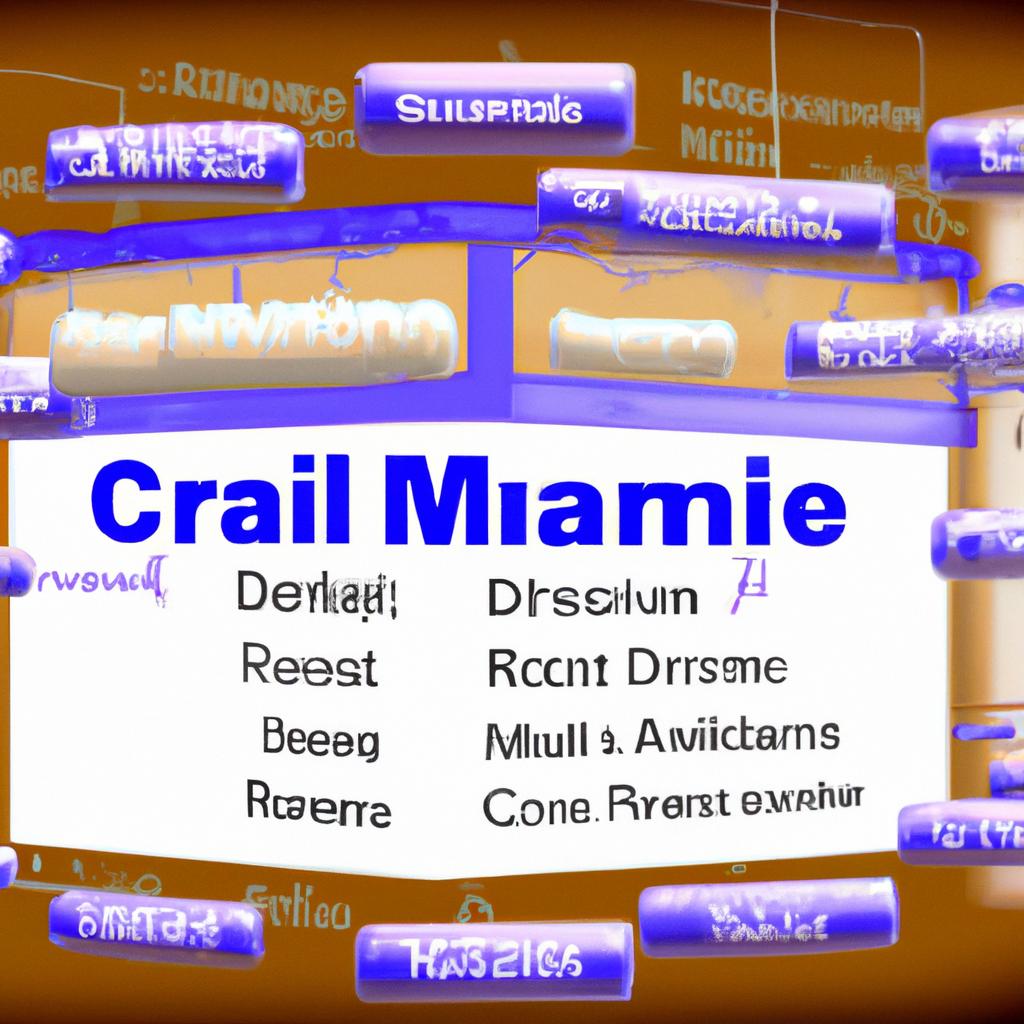
As we’ve discussed, CRM software can help centralize and organize citizen data, leading to more efficient and personalized service. But what specific features should you look for when choosing a CRM software for your local government organization?
Contact Management
The first feature to consider is contact management. This involves keeping track of all citizen interactions, including contact information, communication history, and any relevant notes or details. With contact management, you can easily view and update citizen information, as well as track communication across various channels, such as email, phone, or social media.
Case Management
Another important feature of CRM software for local government is case management. This allows you to track citizen inquiries or issues from start to finish, ensuring that nothing falls through the cracks. With case management, you can assign cases to specific employees, track progress and status updates, and easily communicate with citizens throughout the process.
Reporting and Analytics
CRM software can also provide valuable insights into citizen interactions and internal processes through reporting and analytics. With these tools, you can track key metrics such as response times, case volume, and citizen satisfaction. By analyzing this data, you can identify areas for improvement and adjust your processes accordingly.
Integration with Other Systems
Finally, it’s important to consider how your CRM software will integrate with other systems. For example, you may want to integrate your CRM with your email platform or social media accounts. This can help streamline communication and ensure that all relevant information is captured in one place. Make sure to choose a CRM software that offers robust integration options to fit your organization’s needs.
Implementation of CRM Software in Local Government
Now that you have a better understanding of the benefits and features of CRM software for local government, it’s time to discuss how to implement it successfully. Here are some key steps to keep in mind:
Planning and Preparation
Before implementing CRM software, it’s important to have a clear plan in place. This includes identifying your goals for using CRM software, selecting the right software for your needs, and establishing a timeline and budget for implementation.
Employee Training and Adoption
One of the most critical aspects of implementing CRM software is ensuring that your employees are trained on how to use it effectively. This includes providing comprehensive training sessions and resources, as well as establishing a culture of adoption and buy-in from all stakeholders.
Customization and Configuration
Most CRM software options are highly customizable, allowing you to tailor the software to your specific needs. Take the time to configure the software to align with your business processes and workflows. This will help maximize the benefits of CRM software and ensure that it aligns with your existing practices.
Data Migration
If you currently have data stored in other systems, it’s important to migrate this data to your new CRM software. This can be a complex process, but it’s critical to ensure that all relevant information is transferred accurately to avoid data loss or inconsistencies.
By following these steps, you can ensure a smooth implementation of CRM software in your local government organization. With the right planning, training, and customization, CRM software can become a valuable tool for enhancing efficiency and improving citizen satisfaction.
Conclusion
In conclusion, CRM software for local government is a valuable tool that can help improve efficiency, communication, and citizen satisfaction. By centralizing data and streamlining processes, local government officials can provide personalized and timely service to citizens.
When selecting a CRM software option for your organization, it’s important to consider your specific needs and requirements. Some of the best CRM software options for local government include Salesforce, Microsoft Dynamics, Zoho CRM, and HubSpot CRM. Each of these options offers unique features and functionalities, so it’s important to do your research and evaluate which one is the best fit for your organization.
Implementing CRM software in your organization can be a complex process, but with proper planning, training, and adoption, it can lead to significant improvements in efficiency and citizen satisfaction. We hope this article has provided valuable insights and information to help you make informed decisions about CRM software for your local government organization.
Conclusion: So above is the CRM Software for Local Government: Improving Efficiency and Citizen Satisfaction article. Hopefully with this article you can help you in life, always follow and read our good articles on the website: nettruyen.dev


